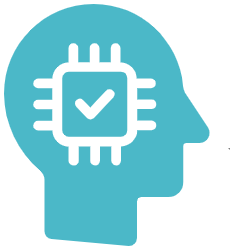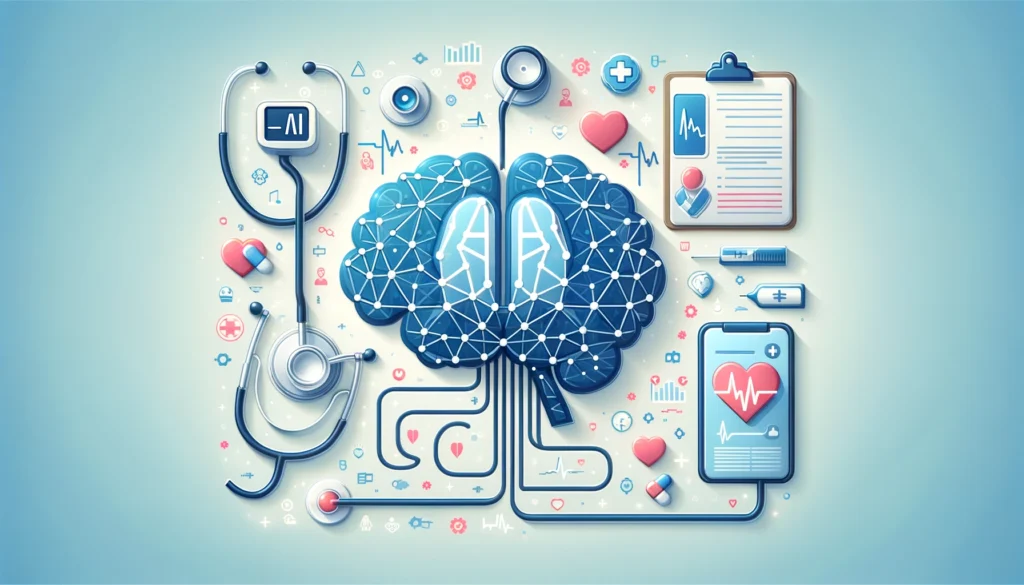Introduction
The integration of Large Language Models (LLMs) and Generative AI into healthcare represents a significant leap forward in medical technology. These tools can analyze vast datasets, assist in diagnostics, and even interact with patients. However, the use of such advanced AI comes with its own set of challenges and risks. In this blog, we’ll explore these potential pitfalls and discuss strategies to mitigate them, ensuring a safe and beneficial use of AI in healthcare.
Understanding the Risks
Data Privacy Concerns
One of the main concerns surrounding the use of LLMs in healthcare is data privacy. Patient data is highly sensitive and requires stringent protection. There’s a risk that AI systems might inadvertently expose or misuse this information, leading to serious privacy breaches.
Reliability and Accuracy
Accuracy is paramount in healthcare. Decisions based on AI recommendations must be reliable and precise. However, LLMs, while highly intelligent, can still make errors or generate biased outcomes based on their training data. This raises questions about the reliability of AI-driven decisions in critical healthcare scenarios.
Lack of Explainability
AI’s “black box” nature makes it difficult to understand how it reaches certain conclusions. In healthcare, where every decision needs justification, the inability to explain AI’s reasoning poses a significant challenge. It’s crucial for medical professionals to trust and understand the tools they use, ensuring they can oversee AI recommendations effectively.
Dependence on Technology
Over-reliance on AI can lead to a reduction in human oversight and potentially degrade the skill sets of healthcare professionals. It’s essential to find a balance between leveraging AI’s capabilities and maintaining human expertise in healthcare practices.
Mitigating the Risks
Implementing Robust Data Protection
To safeguard patient data, it’s vital to implement state-of-the-art security measures and adhere to strict data protection regulations. Ensuring that AI systems are designed with privacy in mind from the outset can significantly reduce the risk of data breaches.
Ensuring Transparency and Accountability
Developing AI systems with transparency in operations can help healthcare professionals understand and trust AI-driven recommendations. Establishing clear accountability for AI decisions is also crucial to integrate these systems responsibly into healthcare.
Continuous Monitoring and Evaluation
Regularly assessing the performance of AI systems and their impact on healthcare outcomes is essential. Continuous monitoring can help identify any issues early on, ensuring that AI tools remain reliable and effective.
Training and Education
Educating healthcare professionals about the capabilities and limitations of AI is crucial. Training programs can help bridge the gap between technology and practice, ensuring that medical staff can effectively integrate AI into their workflows.
Conclusion
The integration of Large Language Models into healthcare is fraught with potential risks, from data privacy issues to the reliability of AI-driven decisions. However, by understanding these challenges and implementing strategic measures to mitigate them, we can harness the power of AI to revolutionize healthcare while ensuring patient safety and trust in medical technologies. Balancing AI’s capabilities with human expertise will be key to achieving the best outcomes in patient care.

